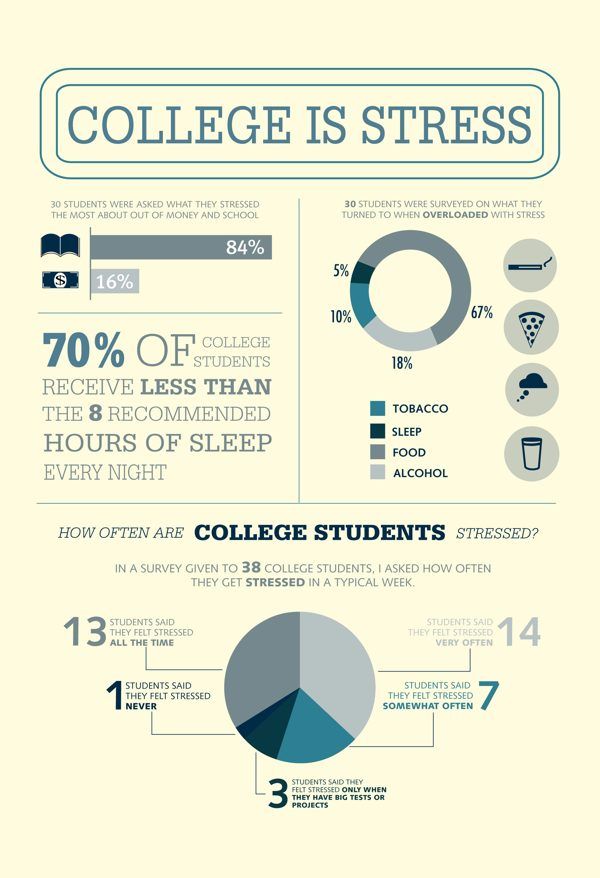PREVENTION 101
for Parents and College Freshmen

Editor’s Note: The following information comes from a resource kit that the National Council on Patient Information and Education provides to U.S. colleges and universities. The opioid epidemic is real, and it cuts across every demographic and social group of today’s culture. What you don’t know can definitely hurt you, and it can hurt the ones you love most.
For many students—notably first-year/freshman—college is the first time that they have ventured away from home. They often find themselves up against tough decisions—one of which is standing up to pressure to do drugs and consume alcohol.
While alcohol abuse and binge drinking still top the list of substance abuse problems among college students, the misuse, and abuse of prescription drugs—the very ones found in medicine cabinets across the country—is a growing and serious problem on college campuses. In fact, college-aged youth have among the highest rates of prescription drug abuse.
College students misuse stimulants (Adderall, Concerta, Ritalin) to “get in the zone” or pull all night study sessions—a habit that is most likely to begin in college. Full-time college students are twice as likely to use a prescription stimulant for non-medical reasons compared to those who aren’t in college or are only part-time.
College-age students are also misusing pain relievers (OxyContin, Percocet, Vicodin), tranquilizers and sedatives (Valium, Xanax) recreationally to get high or to help them cope with the academic stress and social pressures of college life.
Mixing prescription medications with alcohol or other drugs or crushing or snorting pills to maximize their effects—which some college students do—can lead to permanent organ damage, a stroke, heart attack, overdose and even death.
Unfortunately, when confronted with the issue of substance abuse, many parents are quick to say “not my child.” But once away from home, students are subject to the temptations and demands of college life without parental supervision and support. Even the best and brightest can feel the pressure to fit in socially and excel academically.
Studies consistently show that teens and college-age kids think prescription medications are a safer alternative to illicit street drugs like cocaine or heroin. Many may not even know that they are doing anything wrong when they pop a friend’s Percocet to relieve a headache or take Adderall to cram for exams all night. But doing so is not only dangerous, it is also illegal to take someone else’s controlled prescription medications.
While school administrations are working to promote awareness about the risks and address the abuse of prescription medications on campus, parents are on the front lines to educate and protect children from the dangers of substance abuse. There are some simple things you can do to help protect your child.
* Stay Engaged with Your Child
Find ways to talk regularly with your child about his/her emotional well-being and adjustment to college life. This can go a long way to help buoy their confidence to “do the best they can” when juggling academic and social demands. Suggest healthy ways to handle stress.
* Take Precautions
If you or someone else in the family takes one of these types of prescription medications for legitimate medical reasons, keep your medications in a safe place, preferably locked up and out of sight.
Pick a few times each year to properly dispose of any unneeded or expired medications; don’t save them for a rainy day. For instructions on how to best get rid of these medications, talk with your pharmacist or follow any specific disposal information on the patient information sheet that accompanies your medication. You might also visit Smart Rx Disposal at smarxtdisposal.net and the FDA website at www.fda.gov/ForConsumers/ConsumerUpdates/ucm101653.htm.
* Know What to Look For
There is a wealth of information at your fingertips. A quick online search of “Signs of Drug Abuse” will reveal more than you will ever need to know. Tell-tale signs include:
Loss or increase in appetite; unexplained weight loss or gain • Inability to sleep or unusual laziness • Smell of substance on breath or clothes • Nausea, vomiting, sweating, shakes of hands, feet or head • Red, watery eyes; pupils larger or smaller than usual; blank stare, thick tongue, slurred speech • Change in attitude/personality • Change in friends; new hangouts • Change in activities, hobbies or sports • Drop in grades or work performance • Isolation and secretive behavior • Moodiness, irritability, nervousness, giddiness
* Take Action
If you suspect your child—or a friend of your child—is abusing prescription medicines, there is help. Visit the Substance Abuse and Mental Health Services Administration’s online treatment center locator at findtreatment.samhsa.gov or call the telephone hotline at 800-662-HELP.
Refer to talkaboutrx.org for a list of other resources that can help.
For more information, read the Taking Action to Prevent and Address Prescription Drug Abuse resource kit for college campuses at talkaboutrx.org or recoverymonth.gov.
